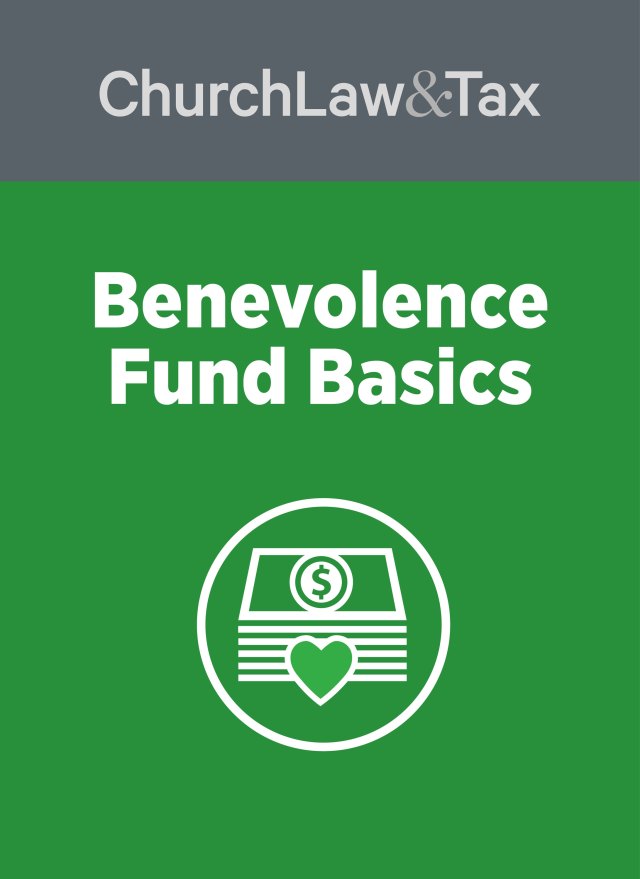Key point: A church need not issue 1099 forms to benevolence recipients, since such distributions ordinarily do not represent compensation for services rendered.
In a recent private letter ruling, the IRS concluded that a charity need not issue a 1099 form to a beneficiary of its charitable services.
A nonprofit agency provides transportation to developmentally disabled persons and other qualified persons, such as family members, to enable treatment or rehabilitation of disabled persons. It also provides respite care, which is temporary or periodic care to relieve the persons normally responsible for caring for disabled persons.
The charity asked the IRS if it needed to issue 1099 forms to those persons who received free transportation or respite care. The IRS observed that section 6041 of the Internal Revenue Code specifies that an organization generally must issue a 1099 form if it is engaged in a trade or business and pays another person in the course of that trade or business at least $600 of income during the calendar year.
Section 1.6041-1(b) of the income tax regulations provides, in part, that section 6041(a) of the Code applies to organizations whose activities are not for the purpose of gain or profit (such as a church or other charity). The IRS concluded that since "the value of the transportation and respite care in issue is excludable from the gross income of the recipients of these services, we conclude that the nonprofit agency need not make information returns to them."
Of course, a private letter ruling is applicable only to the taxpayer or organization that requests it, and accordingly cannot be relied upon by any other organization. Still, this ruling suggests that a church that makes a distribution from its benevolence fund to a needy person need not issue a 1099 to that person (reporting the amount of the distribution). This assumes that the recipient is indeed needy, and performed no services for the benevolence distribution. Private Letter Ruling 9314014.

